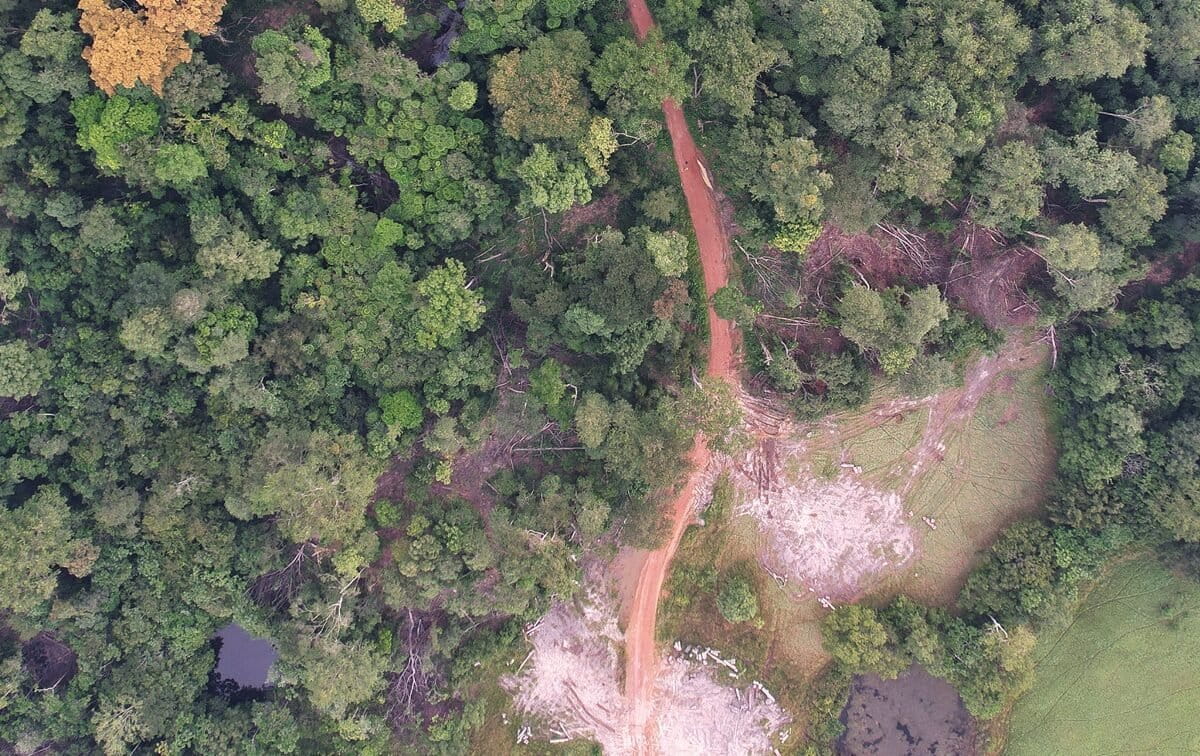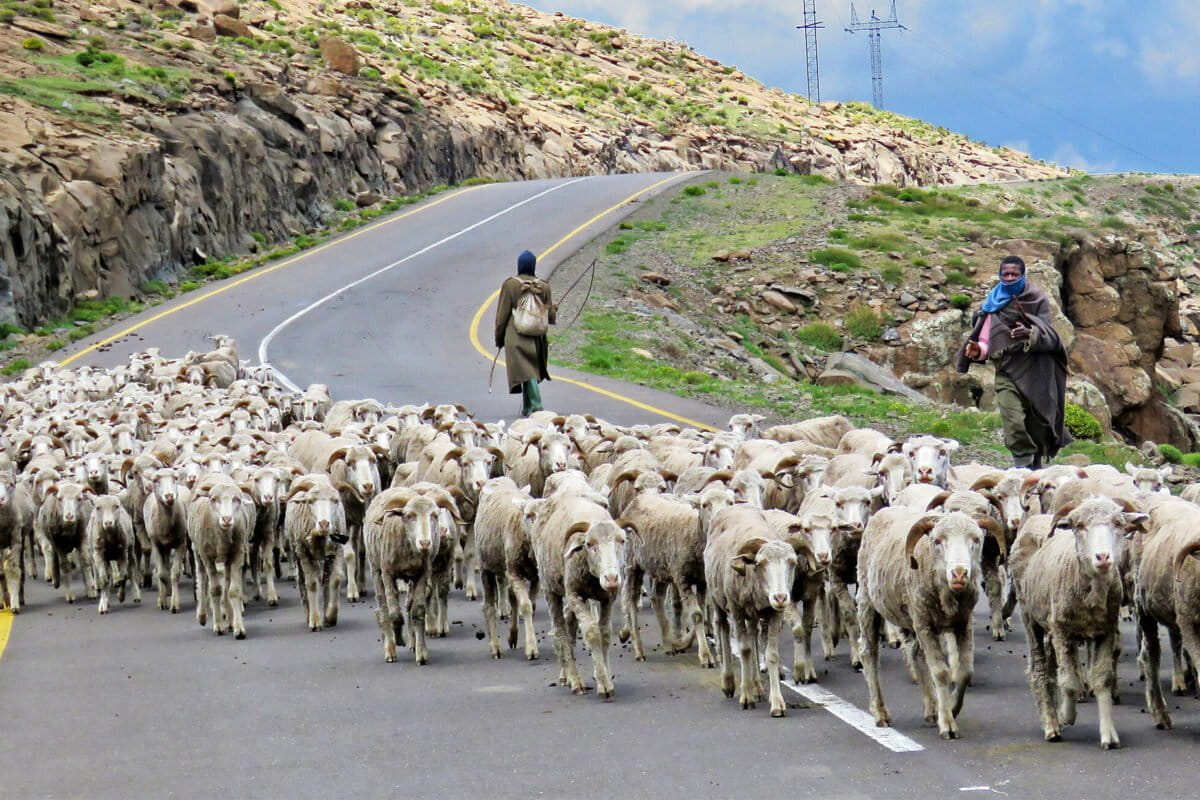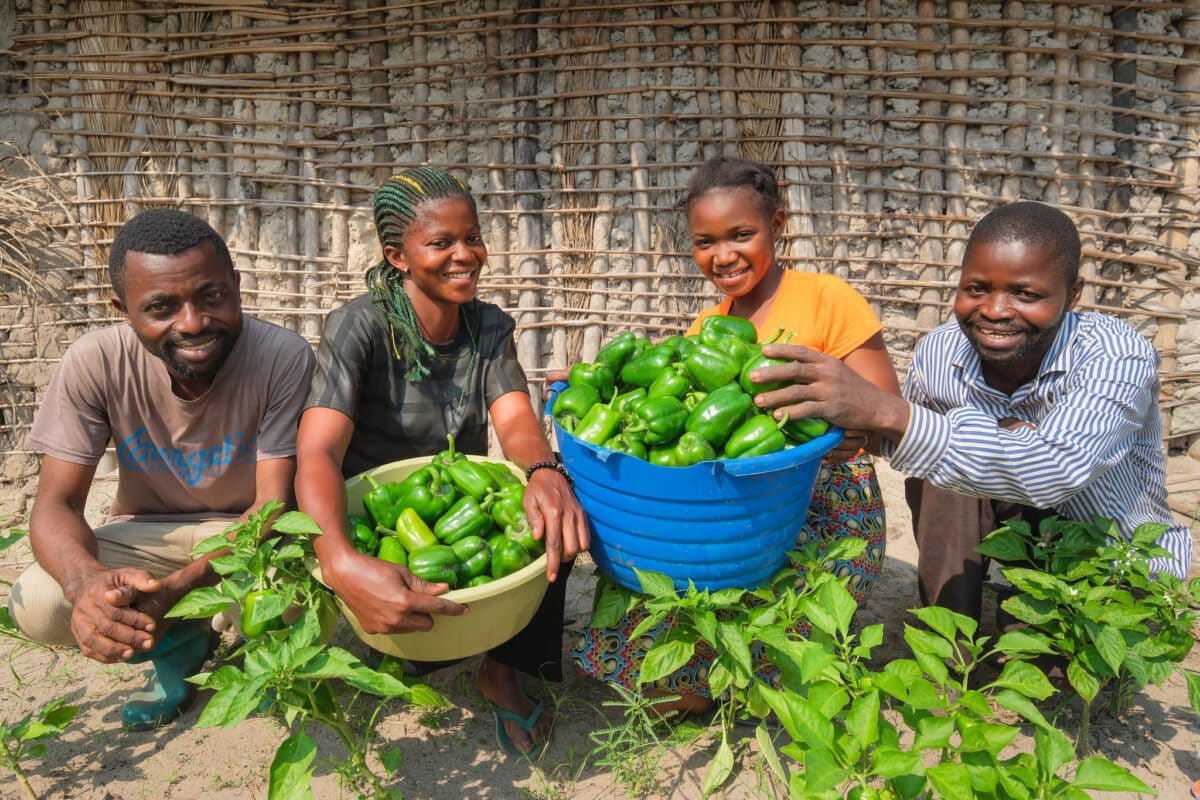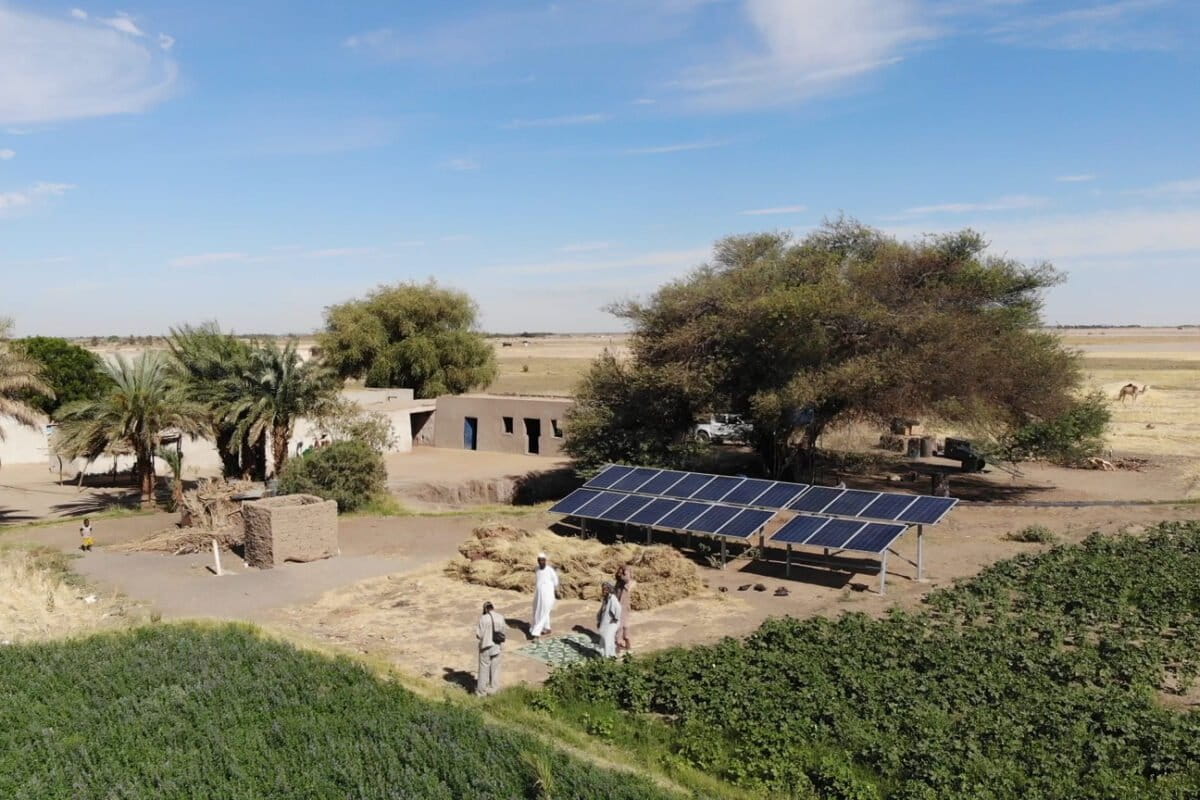- Demand is booming in China and, to a lesser extent, Vietnam for furniture and other goods made from hongmu, or rosewood, a term used to refer to a wide range of richly hued tropical hardwoods.
- Last week, the Secretariat of the Convention on Trade in Endangered Species (CITES) officially announced the listing of the West African rosewood species Pterocarpus erinaceus on Appendix III of the Convention.
- Pterocarpus erinaceus, known as “kosso” in China, is an increasingly threatened species native to the vulnerable savannah ecosystems of West Africa.
Over the past few years, West Africa has become one of the largest tropical log exporting regions feeding the growing demand for luxury furniture in Southeast Asia.
Demand is booming in China and, to a lesser extent, Vietnam for furniture and other goods made from hongmu, or rosewood, a term used to refer to a wide range of richly hued tropical hardwoods from Africa, Asia and Latin America that belong to the genera Dalbergia and Pterocarpus.
Last week, the Secretariat of the Convention on Trade in Endangered Species (CITES) officially announced the listing of the West African rosewood species Pterocarpus erinaceus on Appendix III of the Convention, meaning that all international trade in the species will be subject to international regulation.
P. erinaceus, known as “kosso” in China, is an increasingly threatened species native to the vulnerable savannah ecosystems of West Africa. The over-harvesting of kosso is “increasing the risk of desertification and depriving local communities of a resource traditionally used for fuel, construction, musical instruments, traditional medicine and animal fodder,” according to a report by the Environmental Investigation Agency (EIA) released last year.
The hongmu trade is often linked to violence in source and transit countries, according to the EIA report. In West Africa, hongmu species have even come to be called “blood timbers” because of the connections between the illegal hongmu trade and rebel uprisings in Senegal and elsewhere.
The violence is not limited to West Africa, however. More than 150 forest rangers, police, soldiers and illegal loggers have been killed in firefights during rosewood enforcement operations in Thailand in recent years, the EIA found.

Most West African countries have already banned the cutting and export of kosso trees, but the destination country for the majority of the illicit trade — China, which saw its rosewood imports increase some 1,250 percent since 2000 — is completely unprepared to play its part by curbing illegal hongmu imports.
“In the absence of effective timber trade controls and regulations in China,” the EIA reported, “domestic legislation and enforcement actions in Hongmu source countries have completely failed to control this illegal trade.”
Criminal networks using sophisticated smuggling tactics and working with corrupt officials in West Africa have become a key source of hongmu for Chinese traders. The EIA found that imports of kosso logs into China increased about 500-fold by value and volume over the past six years. In the third quarter of 2015, approximately 42 percent of the value and 65 percent of the volume of China’s hongmu log imports came from West Africa.
The CITES Appendix III listing for kosso was proposed by Senegal, which, along with other West African countries, has said the measure was necessary to help stop the unsustainable and often illegal cutting and smuggling of the precious wood.
Senegal adopted a complete ban on export of kosso logs in 1998, and the Senegalese government has attempted to combat the illegal trade. But with the active involvement of rebel forces from the Casamance region, according to the EIA, kosso continues to be smuggled out, usually to neighboring countries like Gambia before being shipped to China.
For kosso source countries like Senegal, the illicit timber trade is as much an economic isue as an environmental one. Much needed tax revenues are lost to the illegal trade, while the illegal harvest diminishes vital resources used by local communities and increases the threat of desertification by degrading fragile forest ecosystems.
The listing will take effect on May 9 and will require all international shipments of kosso to be accompanied by CITES documentation. Most crucially, the listing means China and other hongmu consumer countries will now be able help stem the flow of illegal kosso by demanding evidence of legal origin. Chinese officials have pledged to step up efforts to enforce CITES legislation.
“We commend this listing, which will bring much needed international scrutiny over the rapidly expanding Kosso trade between West Africa and China,” Kate Horner, Director of Forest Campaigns at the Environmental Investigation Agency, said in a statement sent to Mongabay.
“Most of this trade is illegal and has to date been going largely unchecked in the absence of a Chinese prohibition law on imports of illegal timber.”














